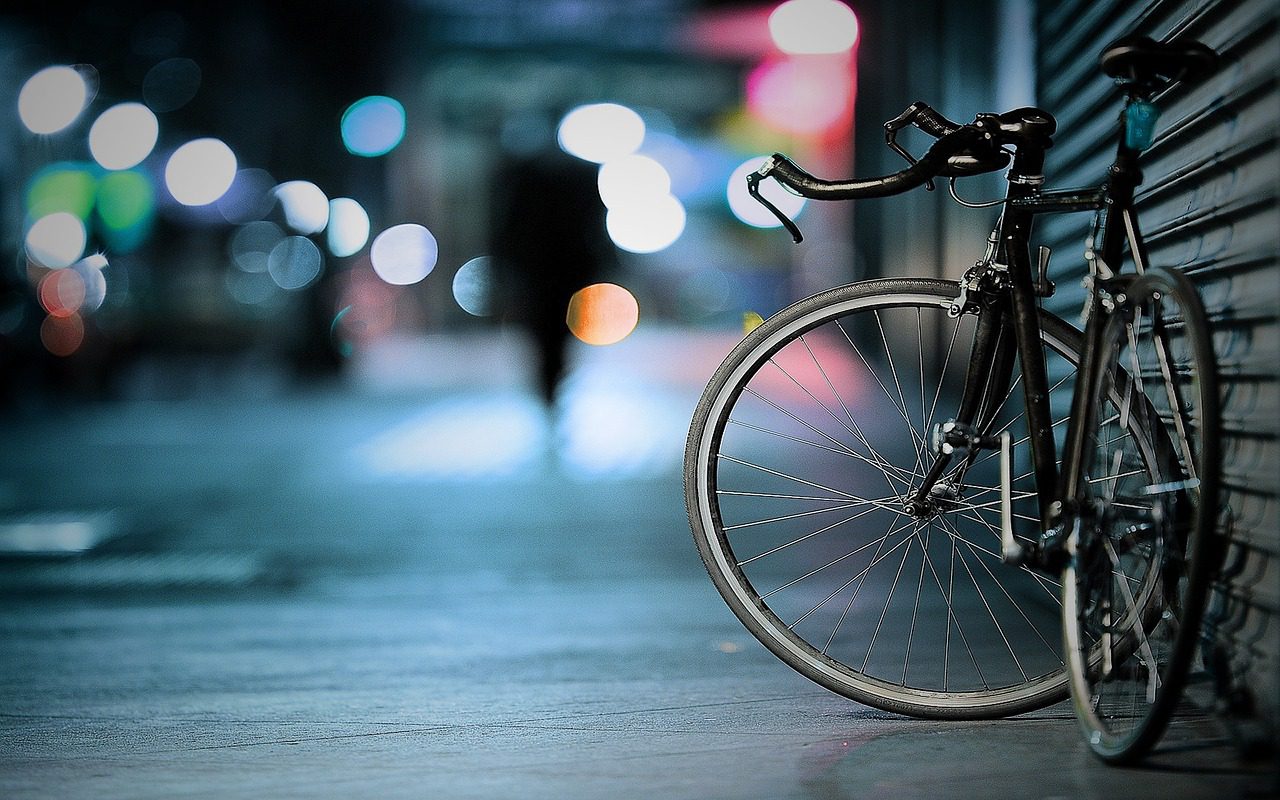As the country continues to get to grips with the “new normal”, one positive side effect has been the rise in people cycling and walking, and cities like London and Manchester are leading the way.
Over the past few weeks, more people have begun to return to workplaces across the UK. Whether this be due to furlough schemes ending or offices reopening with new safety measures in place, it means a natural rise in the number of daily commuters.
While public transport is open, many are choosing to avoid it where possible, particularly in cities. This means the number of people travelling by bike or on foot has risen significantly. According to data from the Department of Transport, the number of people cycling has gone up by as much as 300% on some days.
A new report from Savills looks at how these changes have been particularly prominent in the capital. It points out that Londoners face “some of the longest commutes to work in the country”. And the coronavirus outbreak has led to changes not just in peoples’ behaviour, but in what’s available to those living in the city.
London’s cycle focus
Savills says that since the beginning of this year, almost 20 miles of permanent cycle lanes have opened up in London. This is in addition to the many miles of existing routes across the capital. There’s also a greater number of temporary lanes and reduced car speed limits close to cycle lanes.
Before this point, though, the government had already invested a lot into cycling in London. It’s been a decade since the Barclays Cycle Hire scheme – now run by Santander – was launched in the capital, and thousands of cycle spaces and storage areas are now available, too.
The Cycle to Work scheme is also hugely popular in London. This is a subsidised scheme offering vouchers towards people’s bikes when used for commuting purposes.
Such initiatives are obviously hugely beneficial right now. By avoiding public transport, cyclists are contributing towards helping stop the spread of coronavirus. There’s also much evidence that cycling or walking are extremely good for mental health as well as physical fitness. This is a topic that has come to the fore since the virus outbreak.
However, there are also massive environmental advantages, another key issue in recent years. CO2 emissions dropped drastically with the country in lockdown, and the hope is that this could be a long-term change.
A new bike hire scheme coming to Manchester
Greater Manchester and Manchester city centre already have a range of cycling resources set up. Cycle lanes within the city have been improving in recent years, with more cycle storage areas also becoming available. However, this is currently a key area of focus to further improve life for those living and working in the city, as well as for visitors.
Next year, a new £10m bike hire scheme will launch across Greater Manchester. In the first phase, there will be 1,500 bikes available from spring 2021. The bikes will be spread across Manchester, Salford and Trafford initially.
“Over the past five years, several independent studies and practical demonstrations have confirmed that there is a demand for a public bike share scheme in Greater Manchester,” says a combined authority report.
“The service would support first mile/last mile journeys by fixed public transport modes, and, in successful schemes around the world, such services complement tram, bus and rail networks.”
Opening up cycling and walking to more people
Another project is underway to get more people cycling and walking in the city. The London Marathon Charitable Trust has awarded a £1m grant to Manchester to encourage people to travel more sustainably.
The scheme will run over three years, from September 2020 to 2023, and will involve building the ‘Bee Network’ to deliver more than 1,800 miles of new routes.
Greater Manchester’s Walking and Cycling Commissioner, Chris Boardman, said: “This money will enable us to reach out to thousands more people across Greater Manchester, enabling them to fit walking and cycling into their daily lives and to enjoy the many benefits that go alongside it.”
“Alongside temporary infrastructure in response to the coronavirus pandemic, we are building the UK’s largest cycling and walking network. The Bee Network will deliver more than 1,800 miles of routes, linking every area of Greater Manchester. Inspiring people to walk or cycle for everyday journeys is a huge part of the puzzle and we are incredibly grateful to The London Marathon Charitable Trust for supporting us to make this a reality.”










